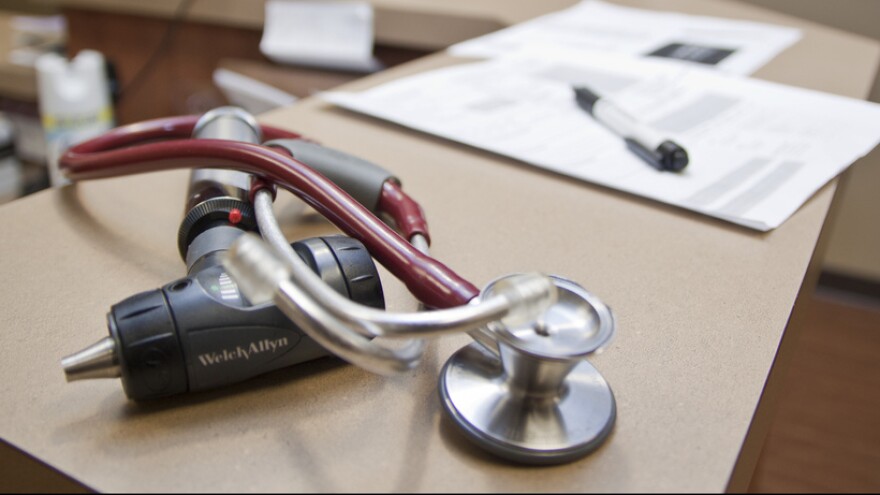Supporters of the Senate health care reform bill have been few and far between outside of the Republican party. But there's one important industry in Connecticut that is cheerleading for the legislation: medical device companies.When the Affordable Care Act was first formulated, it involved new taxes to help pay for insurance coverage for millions of people. One of those taxes was levied on medical device companies.
“It was not tied to any policy, it wasn’t contingent to any coverage expansion, it was merely meant to be a pay for, to generate close to $30 billion,” said Greg Crist of the Advanced Medical Technology Association, the industry’s lobby group in Washington D.C.
The tax was enacted in 2012, but then suspended by Congress in 2015. It’s due to go into effect again next year if the health care law is not changed.
Crist said that uncertainty is taking a toll on the companies he represents.
"From the time it's developed in the lab, to the bench to the bedside of the patient, that innovation cycle can last anywhere from eight to ten years," he explained. "Manufacturers need the certainty that if they embark on a project in 2012 or 2015 by the time it can come to market in 2025, even a 2.3 percent tax is going to harm that innovation cycle."
This is an issue of great interest to Connecticut, where about 150 medical device companies cluster mostly around the I-91 corridor. Senator Richard Blumenthal has said he supports a continued suspension of the tax.
Now a full repeal of the medical device tax is part of the Senate’s health care overhaul, and Crist said it's just about the only non-controversial part of the bill.
"Aside from all the maneuvering and the political shifting if you will, here is one provision that enjoys overwhelming support," he said. "This is a provision that would be good for the country, good for the health care marketplace, as well as the economy."
But its fate may depend on a whole lot of provisions that enjoy a whole lot less bipartisan support. Crist said if the repeal can't happen as part of comprehensive health care reform, he may be left hoping for the passage of a standalone bill to help his industry.





